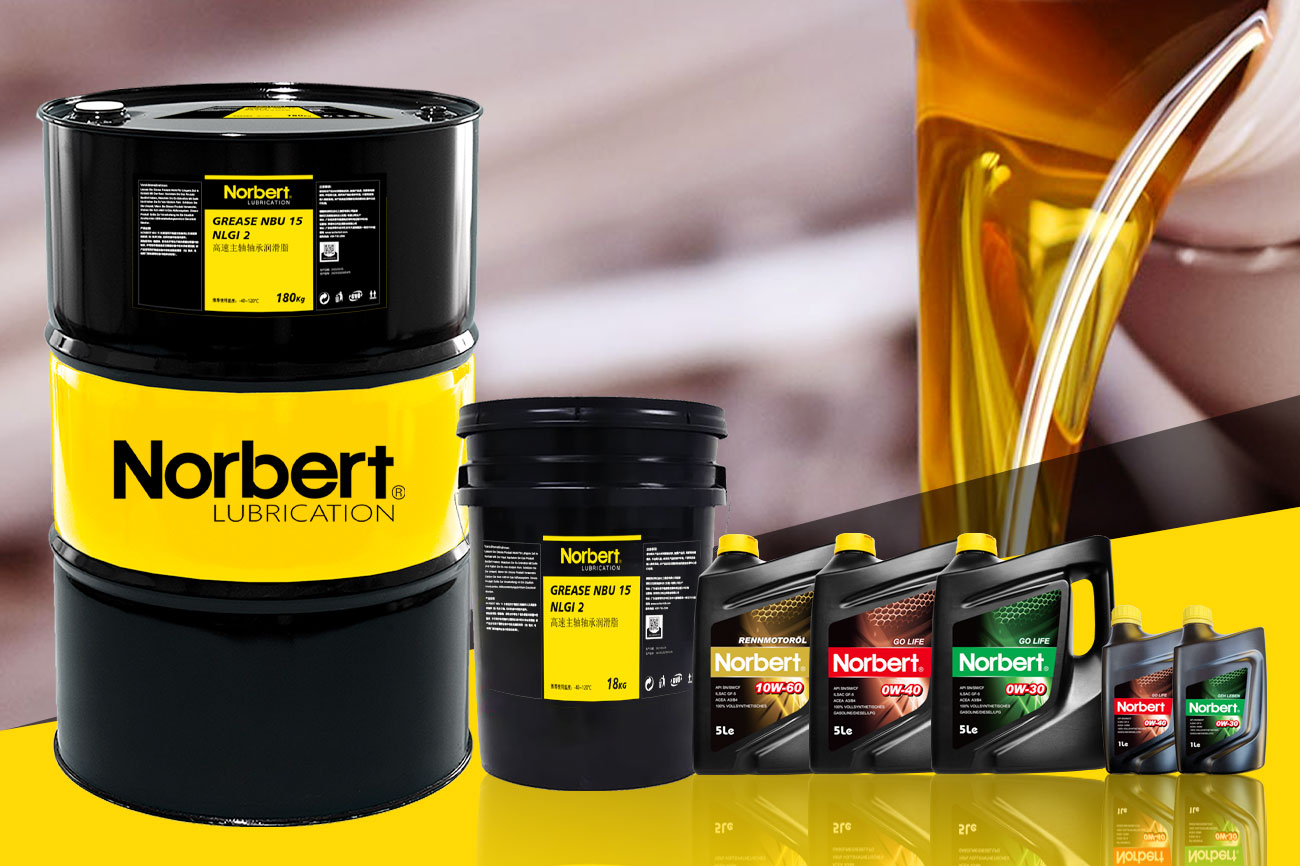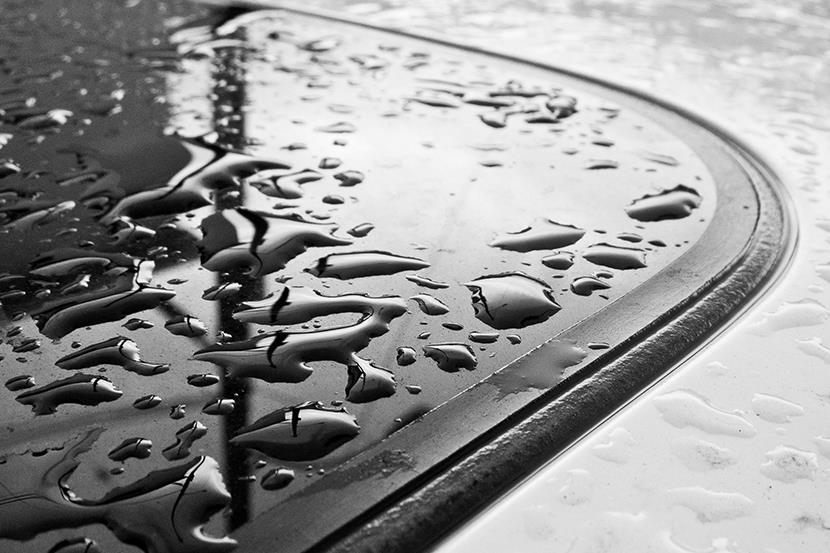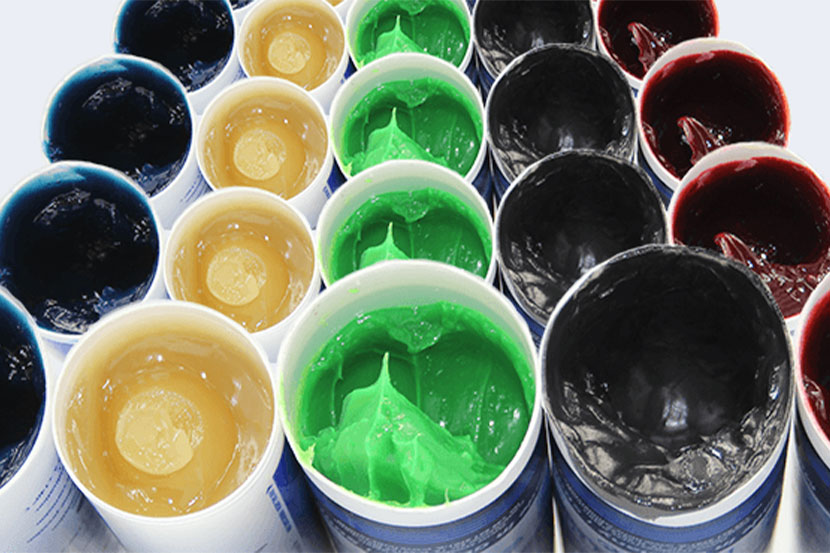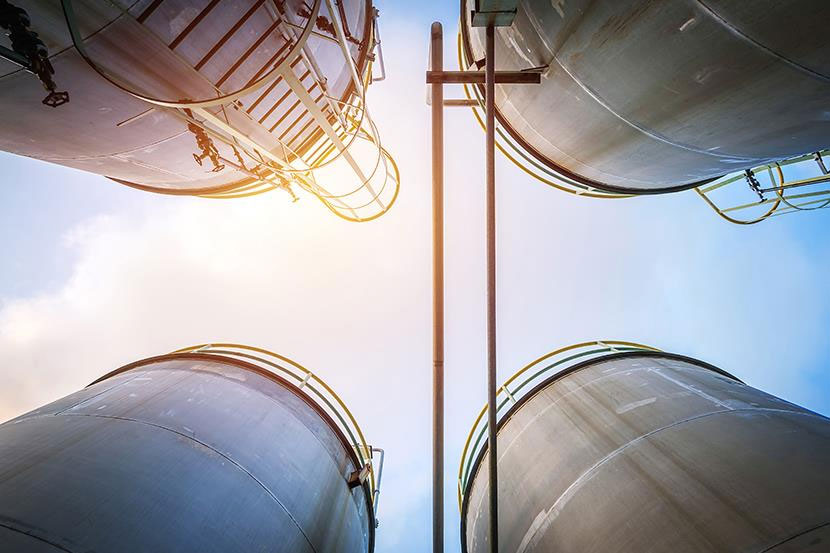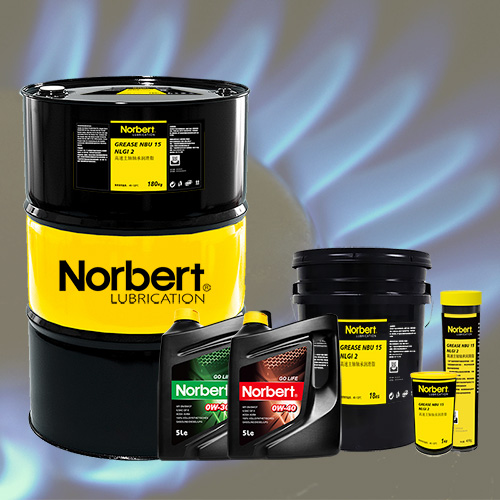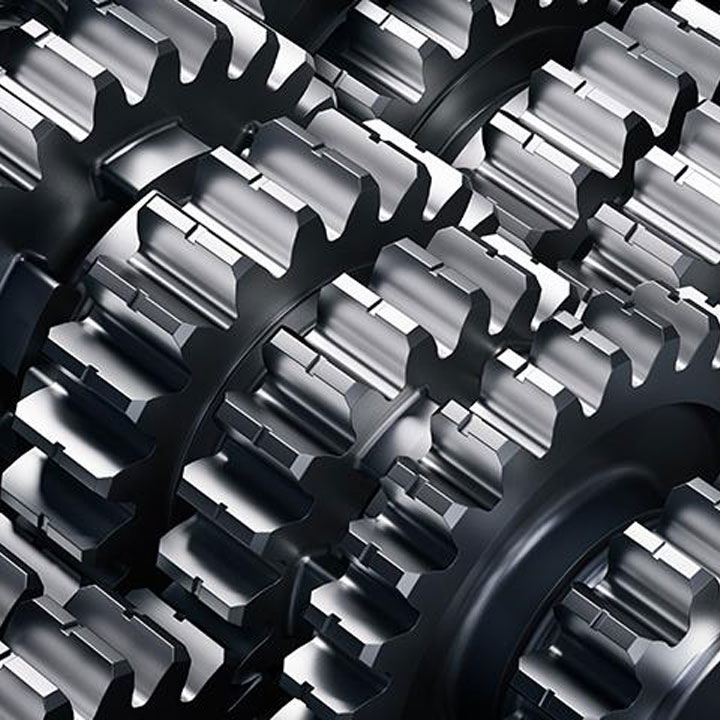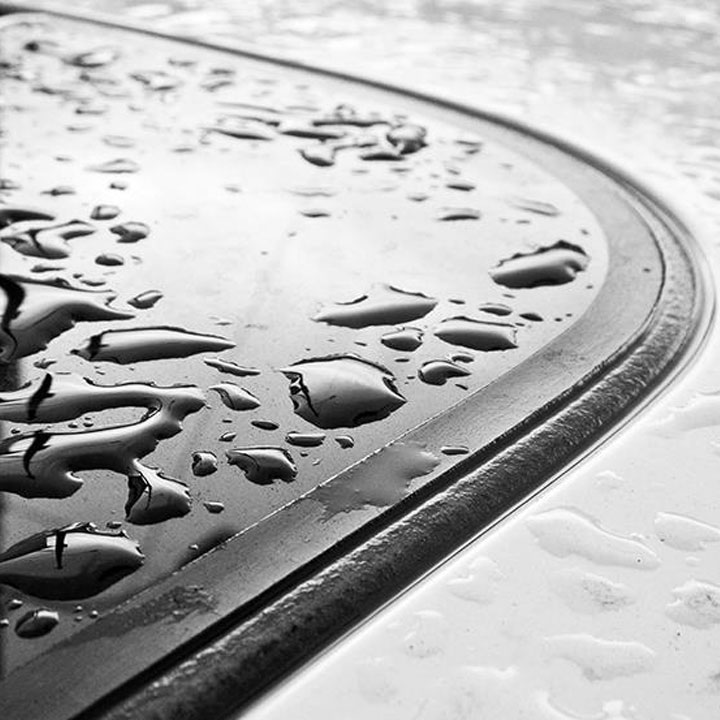The lubricant that supports operational safety
In the chemical industry, raw materials undergo chemical reactions to become finished products. The entire industry has a wide range of products, including the production of organic and inorganic chemicals, plastics, synthetic fibers and rubbers, and petrochemicals.
The processes used to accomplish the necessary chemical reactions often involve extreme temperatures, volatile compounds, reactive chemicals and reactive gases, making it difficult to maintain an environment of effective lubrication.
Norbert® lubricants are used in chemical valves, fans, pumps, motors, centrifuges, reactors and other components due to their compatibility with polymers used in seals, O-rings and valves, and their ability to extend equipment life and reduce maintenance costs.
High-quality Norbert® synthetic perfluoropolyether (PFPE)-based lubricants:
- Non-spontaneous combustion at temperatures up to 482 ºC (900 ºF) or pressures up to 350 bar
- Safe, non-reactive and non-flammable when used with reactive chemicals
- Maintains lubricity and stable viscosity over a wide temperature range in highly corrosive environments
- Chemically and biologically inert and silicone-free
- Unaffected by and does not react to acidic or alkaline cleaners, as well as disinfectants, steam, moisture and high temperatures
- Remains compatible with chemicals commonly used in industry
- Contains no volatile organic compounds (VOCs) or chlorine
High performance lubricants ensure safety when exposed to reactive gases
Conventional greases containing mineral oils and some synthetic lubricants can react with oxygen or halogens such as chlorine, fluorine and bromine, which can lead to catastrophic accidents. Applications to reactive gases require lubricants that can prevent accidents and ensure safety.
While the potential for explosion, fire, lubricant deterioration and equipment failure is always present, the Norbert® line of greases can help avoid the following problems:
- The need for nitrogen purging to keep incompatible lubricants below explosive limits
- Potential failure of expensive, bulky equipment with interlocking devices
- Risk of auto-ignition with conventional lubricants during oxygen impingement
- Lubrication system failures due to oxidation, chemical corrosion or solvent attack
- Flammability and volatility of the base oil of conventional lubricants and greases
- Bearing failure due to carbon build-up and coking
- Frequent grease replenishment
